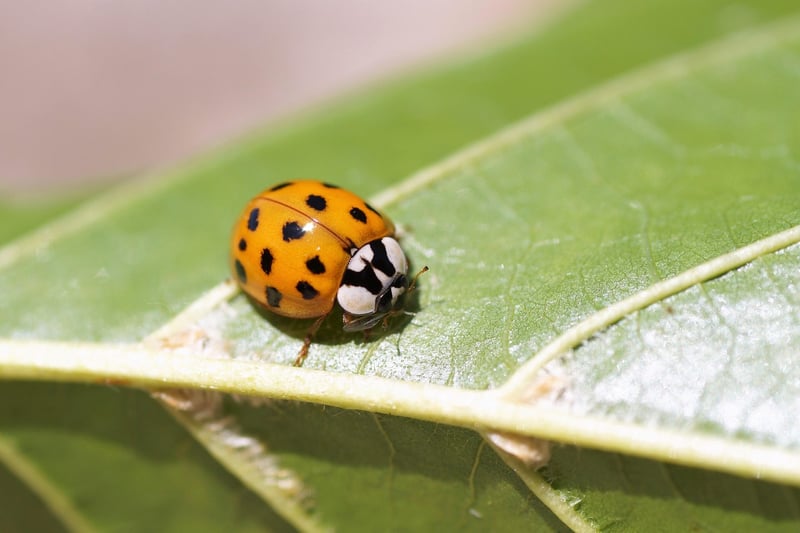Beneficial Insects
Managing Pests in Urban Gardens and the Role of Beneficial Insects
Urban gardens provide a green oasis in the midst of concrete jungles, offering a haven for plants, animals, and insects. However, along with the beauty and benefits of urban gardening come challenges, one of the most common being pest management. To maintain a healthy garden ecosystem without resorting to harmful chemicals, it's essential to understand how to manage pests effectively. One natural and sustainable method is to harness the power of beneficial insects.
The Importance of Pest Management in Urban Gardens
Controlling pests in urban gardens is crucial to prevent damage to plants and maintain a thriving garden. Common pests such as aphids, caterpillars, and spider mites can wreak havoc on crops if left unchecked, leading to stunted growth and reduced yield. While chemical pesticides are an option, they can harm beneficial insects, contaminate soil and water, and pose health risks to humans and animals.
Beneficial Insects as Natural Pest Control
Beneficial insects are nature's own pest control agents, preying on harmful insects and maintaining a balanced ecosystem. Ladybugs, lacewings, and parasitic wasps are examples of beneficial insects that feed on pests like aphids and caterpillars. By attracting and supporting these allies in your garden, you can reduce the need for chemical interventions and promote a healthy, biodiverse environment.
Attracting Beneficial Insects to Your Garden
Creating a welcoming habitat for beneficial insects is key to enhancing pest control in urban gardens. Planting a diverse range of native flowers, herbs, and shrubs can attract beneficial insects with nectar and pollen. Additionally, providing shelter such as rock piles, log piles, or insect hotels gives these insects a place to rest and reproduce, further bolstering their population in your garden.
Implementing Integrated Pest Management (IPM)
Integrated Pest Management (IPM) is a holistic approach to pest control that combines various strategies, including biological control with beneficial insects, cultural practices, and mechanical methods. By integrating these techniques, urban gardeners can effectively manage pests while minimizing environmental impact and preserving the natural balance of their gardens.
Conclusion
Managing pests in urban gardens is a challenging yet rewarding endeavor that requires a balance between protecting plants and supporting biodiversity. By embracing the power of beneficial insects and implementing sustainable pest management practices, urban gardeners can create thriving, eco-friendly gardens that benefit both people and the planet.

For more information on beneficial insects and pest management, check out Gardener's Guide to Beneficial Insects.
